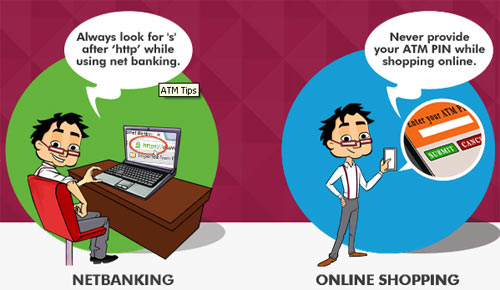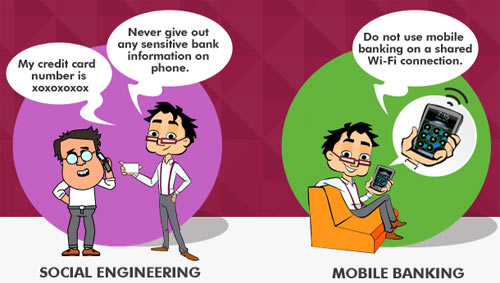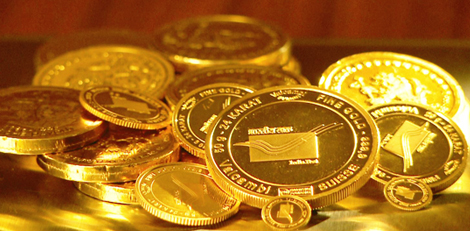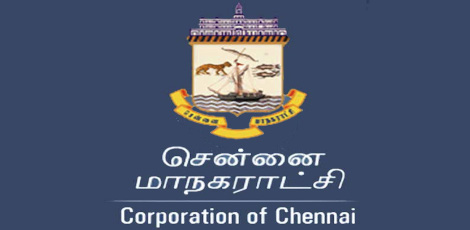Tips for Safe Net Banking
Posted on: 11/Mar/2014 2:28:03 PM

Online (net) banking can save you a lot of time and effort; you can undertake most transactions from the comforts of your home. Instead of going to the bank and waiting in an unending queue, internet banking has made all banking functions accessible through a few clicks. However, it is crucial to use internet banking safely. The Internet has made it easier for criminals to betray individuals into revealing confidential information, which ultimately have an impact on Internet Banking Security.
Keep fraudsters away! Listed below are few smart tips for the customers for secure net Banking:
- Criminals can bait you to put in your User ID and Password at a forged Website that appears your bank. Always look for the bank�s authentic Website URL before entering your sensitive information in it.
- Make sure your bank has enhanced Internet policies and security features. For example, in case of high value deals of transaction from one account to another, customer needs to give in a specific password.
- Always bear in mind for changing your password at least once in a month.
- Instead of framing easy-to-guess secret code (password) like birthdays or first names; better go for alphanumeric passwords with a combination of alphabets and numbers.
- Update your operating system and the browsers up-to-date with the most recent security scraps. Also make sure you are updating these patches from a trusted Website.
- Never exit merely by closing the browser. It is better to log out the online banking portal, whenever you exit. Shut down the browser to make sure that your confidential session is concluded.
- Mount in a delicate firewall that aids averting hackers from pilfering illegal access to the home computer. Always better to update the anti-virus software now and then.
- Many banks always have a �Last Logged in� section on their Websites. Check the panel whenever you log in the Website. If you could glimpse any misdeed, report the issue immediately to the bank and change the password.
- Instead of using the embedded links in the e-mail, directly type the URL (link address) in the Web browser.
- Don�t attempt to open, run or install the files which you got from any person or organization who is not a reputed vendor.
- Never leave your PC unattended after entering the details while dealing with the Website.
- Don�t satiate any survey forms that ask for any personal fiscal information like bank account or credit card numbers.
- Veto for any e-mail from banks asking for online banking user ID and password,d, since none of the banks representative will ask for the user Id and Password in any form.
- If you are using several bank accounts, shun using same online banking password for all.
- Say no to the option on the browser that stores or retains user name and password.
- Avert using the Internet banking channel at cyber cafes, which are prone to attacks by hackers.








